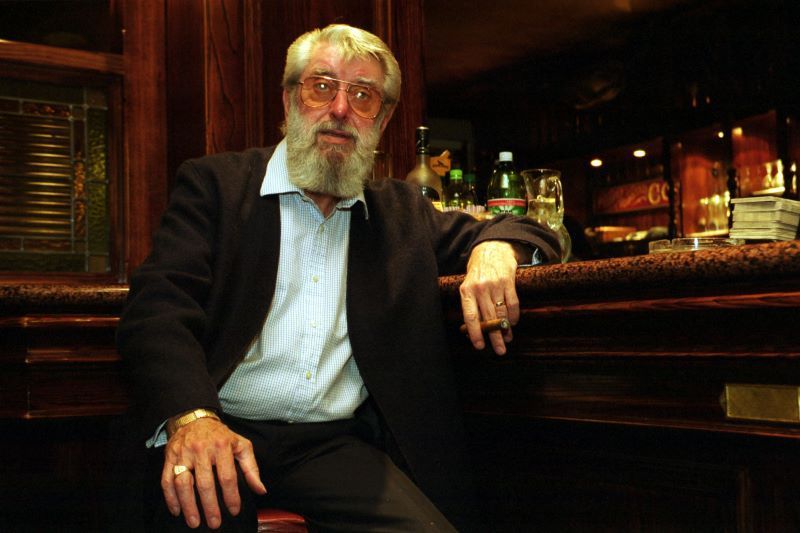Could the next pope be Irish? The National Catholic Reporter in the U.S. seems to think so.
Don't laugh. Picture the scene, an ailing Pope Benedict, his papacy destroyed by the pedophilia crisis, is on his deathbed.
The cry goes out for a successor untainted by the scandals that have rocked the church. The present 'papabille', or likely popes are all hopelessly compromised.
Far and wide the search goes until it lands in Ireland home of the worst scandals of all perhaps, but also of the only senior churchman who has faced down the entrenched elements that have perpetuated this awful crisis and has won the total trust of the laity
Step forward Archbishop --no doubt soon to be Cardinal Diarmuid Martin, who has fearlessly tackled the pedophile crisis to the point where he is now a revered figure in many circles-- and hated by many of those he exposed.
Don't take my word for it. Just read what the the very influential National Catholic Reporter is saying this week here in the U.S. in their latest editorial --and tell me they don't want this man in the seat of Peter.
Archbishop Martin they say “arrives as a fresh voice, unencumbered by any involvement in the scandal. So far he has rendered a sober and honest assessment of the crisis and its causes.”
“after reading the documentation assembled as part of an Irish Government investigation of sexual abuse by priests in his archdiocese, [he] predicted that we would become ‘a humbler church’.”
“perhaps Ireland, so thoroughly Catholic and so deeply shaken by the scandals there, could be the place where a new ecclesiology [new understanding of what it means to be a church] surfaces, one that is more inclusive and transparent than the royal model that is in decline.
“Perhaps [Ireland] could be the birthplace of an ecclesiology that is humbler, not in a humiliated way, but in a way that takes stock of what a Christian community should be and how it should be present to the world.
“Perhaps it could provide an example of the kind of serious and deep introspection that will be required of the clergy, especially the hierarchy, to get to the root causes of the scandalous behaviour of the clergy culture and to discern what reforms are necessary to make it a culture of service and compassion.”
“from parish priest to pope, those charged with protecting the community, on hearing that children were being sexually abused, acted first to protect the institutional church . . . When the community most needed its leaders to act as pastors, they chose instead to act as princes, ignoring the problem all around them while employing every means available to spare the realm.”
It said “the bishops used the secrecy of their privileged culture, the trust that those within the church and even the wider society conferred on them, as well as the labyrinthine and hidden protocols of their culture to shuffle offending priests and to avoid scrutiny by civil authorities”.
This “strategy grew out of a model of governance owing more to the concept of royalty and to court behaviour than to the demands of the gospel.
“The royal model admits no wrong, requires absolute loyalty and is accountable to no one. Compassion has little place in the prince’s world.”
The editorial concluded: “Catholics want to walk with their leaders, not beneath them . . . We want to be the people of God, not cowed serfs. We want our pastors back. We’ve had quite enough of princes.”
Archbishop Martin of Dublin is quoted as the one example of how the issue had to be tackled. He will soon be a Cardinal.
Cardinal Daly died in Ireland recently, the other prelate, Cardinal Sean Brady was taken ill recently and was also implicated in a pedophile priest cover up. Martin would be a hugely popular choice to replace either.
This could get very interesting.




Comments